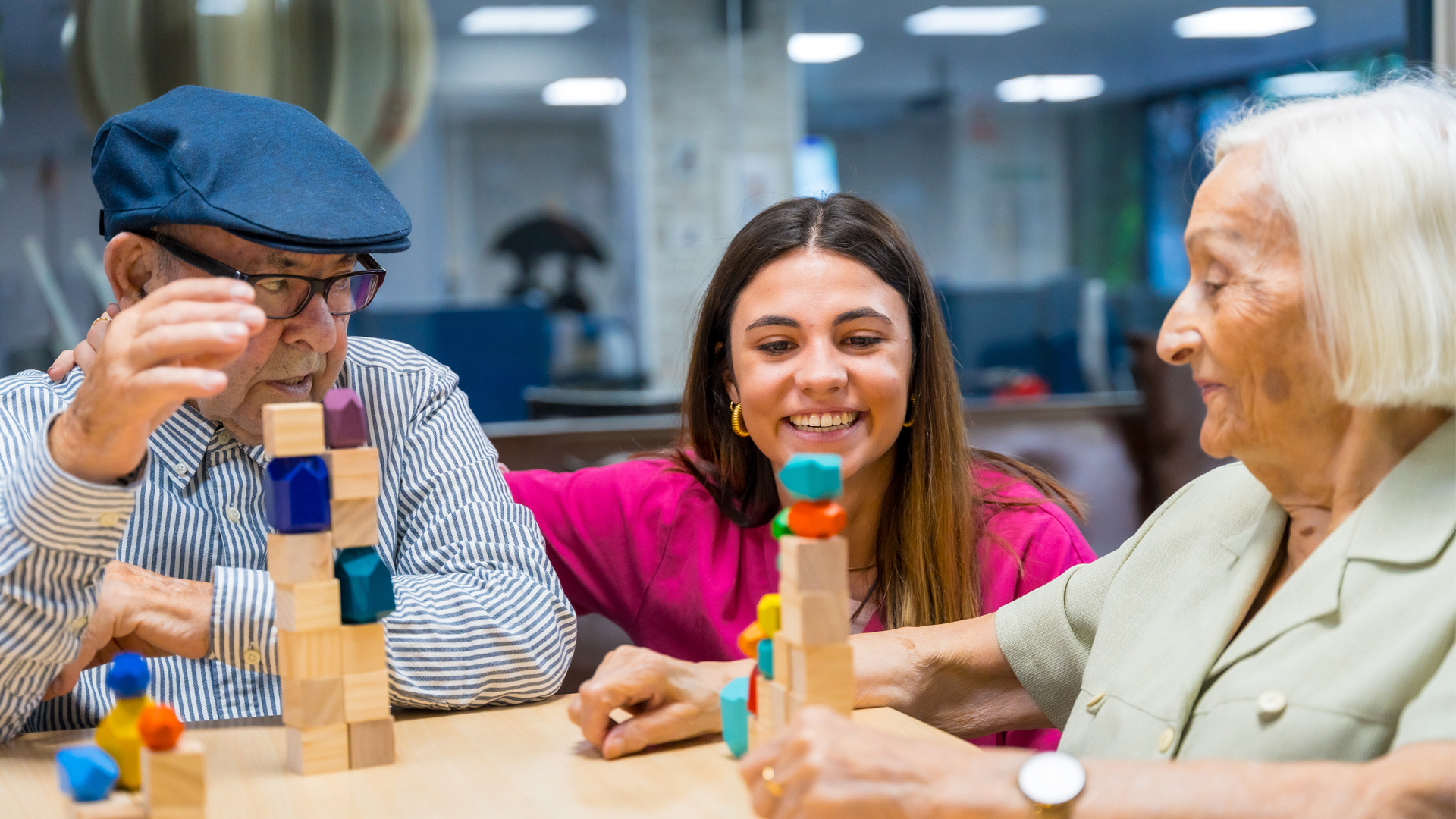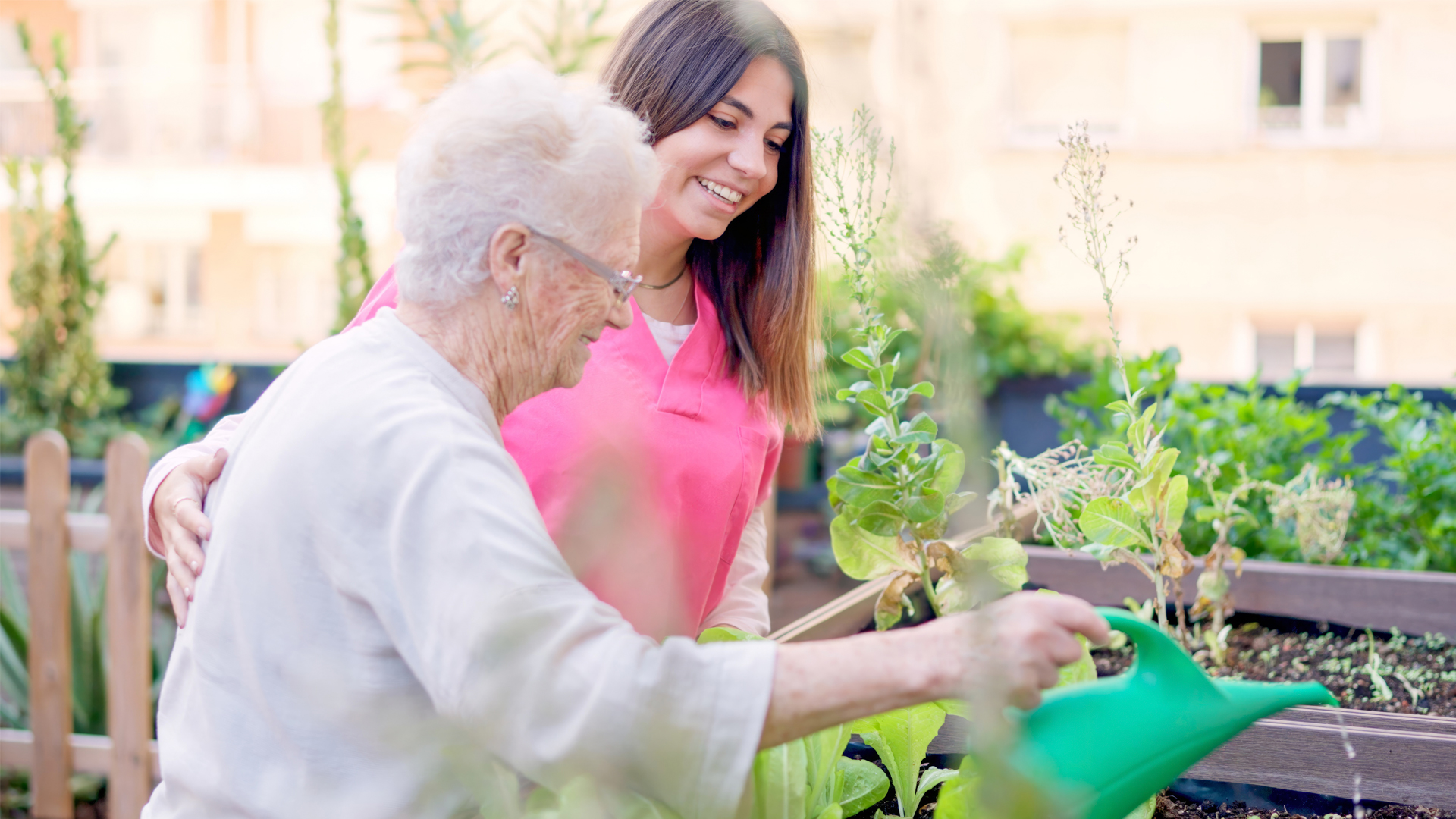The Power of Gardening
Gardening has been shown to improve cognitive function, reduce stress, and enhance overall well-being. For individuals with Parkinson’s, it can be especially beneficial. Research has highlighted the positive impact of gardening on motor skills, flexibility, and balance, all of which are areas that individuals with Parkinson’s often struggle with. Engaging in gardening activities can help maintain dexterity, coordination, and muscle strength.
Creating a Therapeutic Garden
When it comes to gardening with your loved one, creating a therapeutic garden can make a significant difference. Consider the following elements:
- Accessible pathways: Ensure that the pathways in the garden are wide, even, and free from obstacles to facilitate easy movement.
- Raised beds or containers: Opt for raised beds or containers to eliminate the need for bending or kneeling, making it easier for individuals with mobility challenges to engage in planting and tending to their plants.
- Adaptive tools: Provide adaptive tools such as ergonomic handles, long-reach pruners, and lightweight watering cans to minimize strain on joints and muscles.
- Sensory plants: Choose plants with vibrant colors, interesting textures, and delightful aromas to engage the senses and promote sensory stimulation.
- Seating areas: Incorporate comfortable seating areas in the garden to allow for rest and relaxation during gardening sessions.
Engage in Meaningful Activities
Gardening together with your loved one can strengthen your bond and create lasting memories. Here are some activities you can enjoy:
- Planting and potting: Give your loved one the opportunity to plant seeds, repot plants, or arrange flowers in vases. This hands-on activity can provide a sense of purpose and accomplishment.
- Growing edible plants: Cultivating fruits, vegetables, and herbs can not only provide fresh produce for your loved one but also offer them the satisfaction of growing their own food.
- Creative garden decorations: Encourage your loved one to express their creativity by decorating the garden with colorful wind chimes, garden ornaments, or hand-painted plant markers.
- Harvesting and cooking: Once the plants have grown, involve your loved one in harvesting and using the produce to create meals together. This can be a fun and rewarding experience.
The Legacy Homecare LA Difference
We work day in and day out to understand the unique needs of our client’s. Our trained caregivers are experienced in helping our client’s maintain their independence, engage in meaningful activities, and providing the support they need to live comfortably at home. We offer comprehensive care options, including specialized training in Parkinson’s care, 24/7 care coordination coverage, and compassionate caregivers who are knowledgeable in Alzheimer’s, dementia, ALS, and more.
If you’re looking for personalized and compassionate care for your loved, contact Legacy Homecare LA today! Our team of experts is ready to support you and your family on the care journey. You can reach us at (310) 974-4517.






